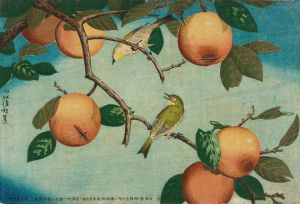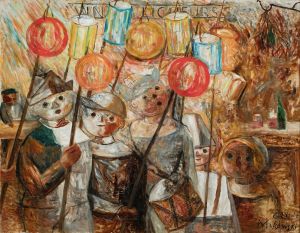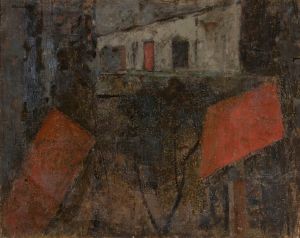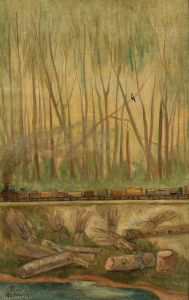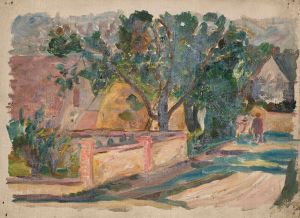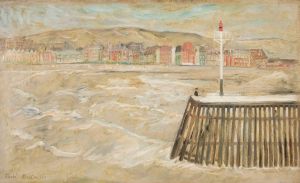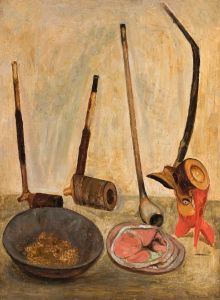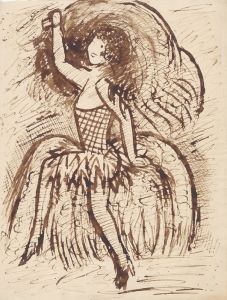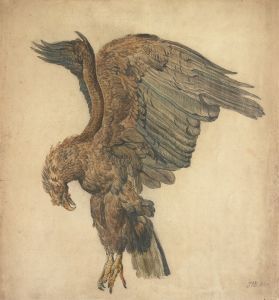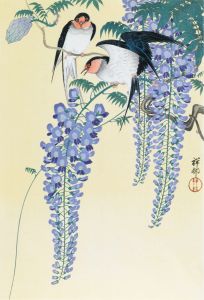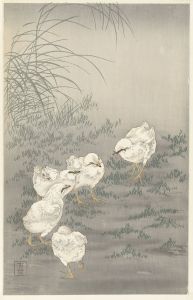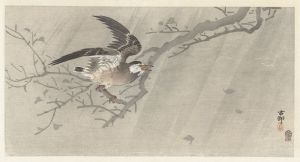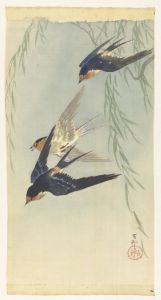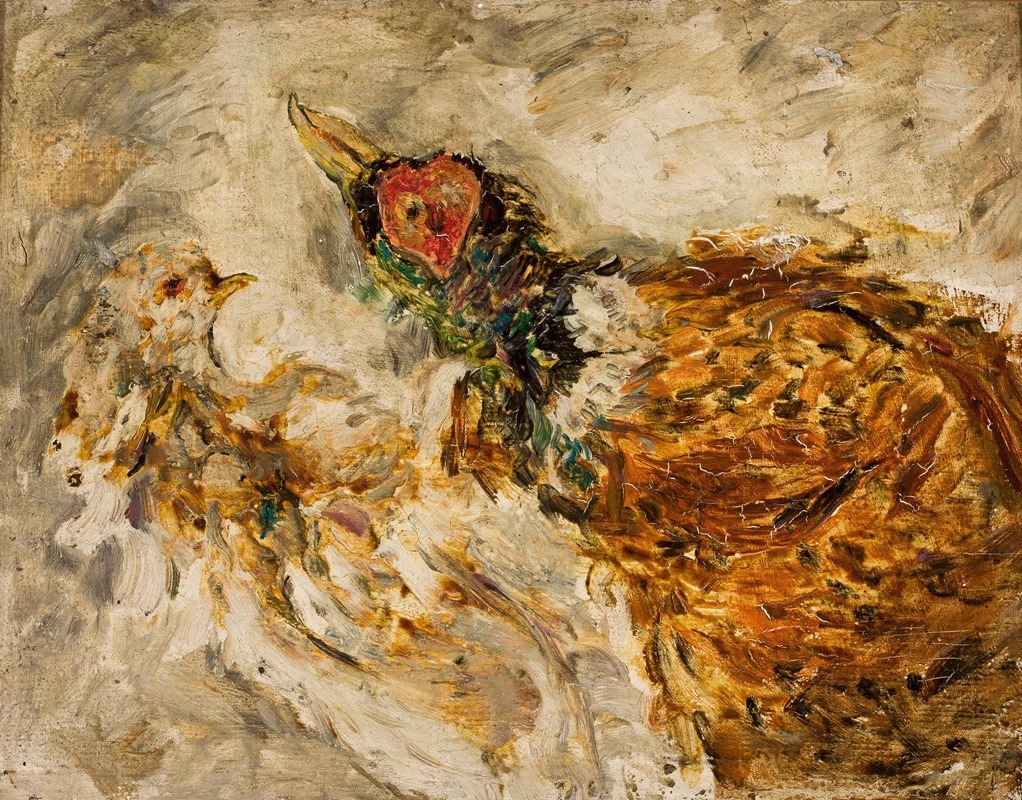
Ptaki
A hand-painted replica of Tadeusz Makowski’s masterpiece Ptaki, meticulously crafted by professional artists to capture the true essence of the original. Each piece is created with museum-quality canvas and rare mineral pigments, carefully painted by experienced artists with delicate brushstrokes and rich, layered colors to perfectly recreate the texture of the original artwork. Unlike machine-printed reproductions, this hand-painted version brings the painting to life, infused with the artist’s emotions and skill in every stroke. Whether for personal collection or home decoration, it instantly elevates the artistic atmosphere of any space.
Tadeusz Makowski (1882–1932) was a Polish painter known for his distinctive style that combined elements of modernism with influences from folk art and primitivism. One of his notable works, Ptaki (translated as Birds), reflects his characteristic approach to art, emphasizing simplicity, symbolism, and a deep connection to nature and everyday life.
Makowski studied at the Academy of Fine Arts in Kraków under the guidance of prominent Polish artists such as Józef Mehoffer and Jan Stanisławski. In 1908, he moved to Paris, where he was influenced by the avant-garde movements of the time, including Cubism. However, Makowski eventually developed his own unique style, blending modernist techniques with a childlike, naive aesthetic. His works often featured themes of rural life, children, animals, and nature, rendered in a way that evoked both nostalgia and universality.
Ptaki is a painting that exemplifies Makowski's ability to capture the essence of his subjects with minimalistic forms and muted colors. The artwork portrays birds, a recurring motif in Makowski's oeuvre, symbolizing freedom, simplicity, and the natural world. The composition is characterized by its geometric shapes and soft, earthy tones, which reflect the artist's interest in both Cubism and the folk traditions of his native Poland. The birds are depicted in a stylized manner, emphasizing their shapes and movements rather than realistic details. This approach aligns with Makowski's broader artistic philosophy, which sought to distill the essence of his subjects into their most fundamental forms.
Makowski's time in France allowed him to interact with other artists and movements, but he remained deeply connected to his Polish roots. His works often bridge the gap between the modernist innovations of early 20th-century Europe and the timeless simplicity of folk art. Ptaki is a testament to this synthesis, showcasing Makowski's ability to create art that is both modern and deeply personal.
Today, Tadeusz Makowski is regarded as one of Poland's most important modernist painters. His works are held in various collections, including the National Museum in Warsaw and the National Museum in Kraków. Ptaki continues to be celebrated for its unique blend of modernist abstraction and heartfelt simplicity, embodying Makowski's vision of art as a means of connecting with the universal and the timeless.





